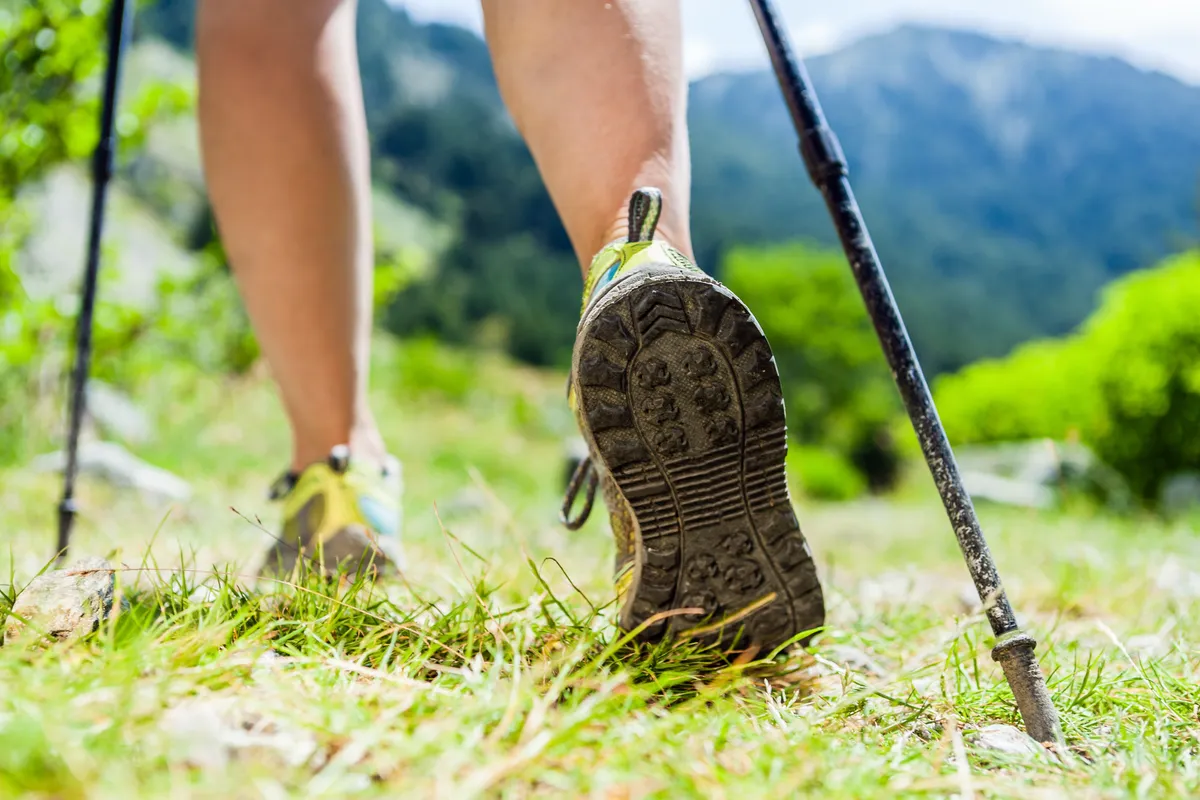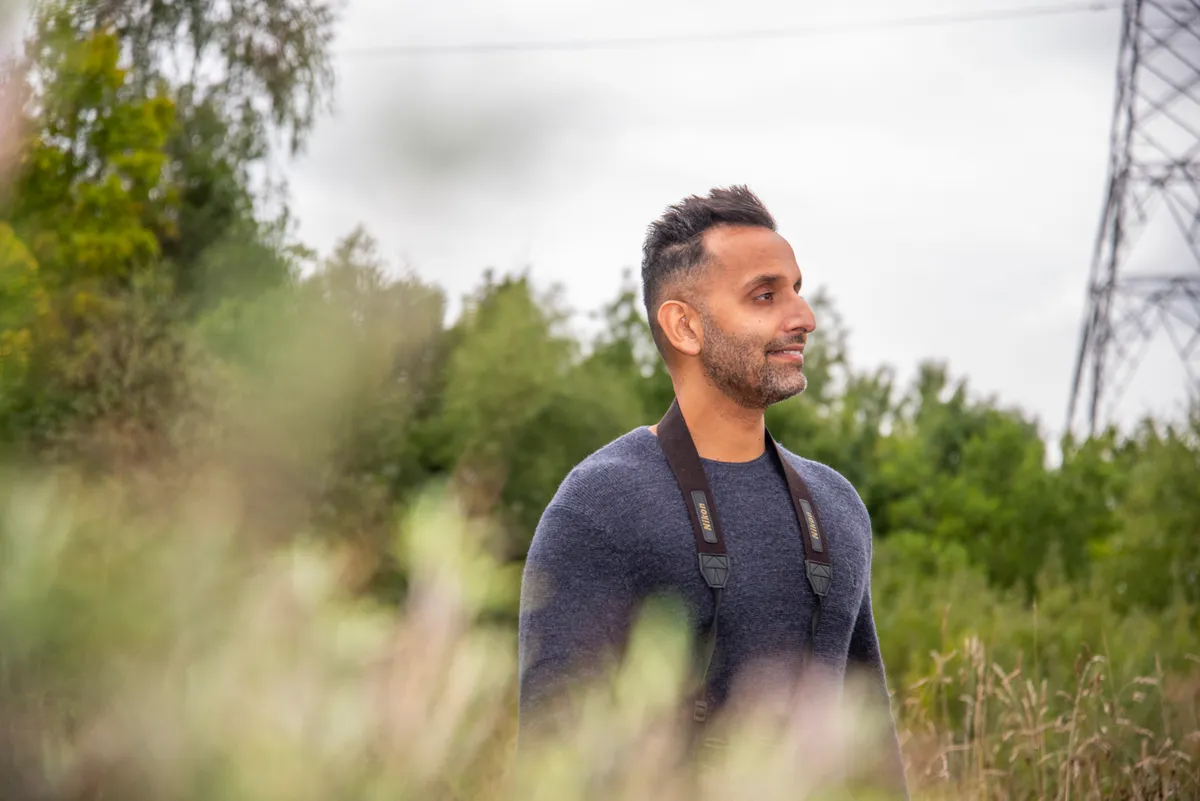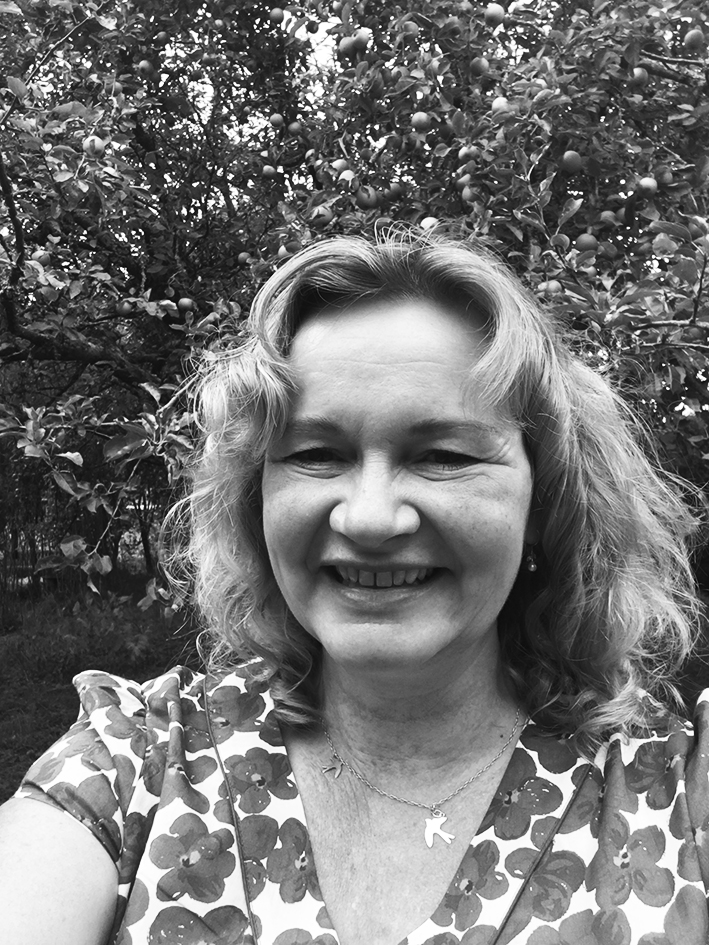There are many underlined passages in my much-thumbed copy of Flora Thompson’s Lark Rise to Candleford (1939). But perhaps only one, in that semi-autobiographical chronicle of rural working-class life, that might have led to a career.
Towards the end of the book, Laura Timmins (a thinly veiled Flora) begins to feel low, despite her gratitude for life-changing employment behind the Post Office counter. “Seeing from a distance did not satisfy her; she longed to go alone far into the fields and hear the birds singing… to smell things and touch things, warm earth and flowers and grasses, and to stand and gaze where no one could see her, drinking it all in.” In a world where women spent 90% of their time indoors, she misses walking. It is an ache I know well.

Opportunity comes Laura’s way again and she takes on a walking postal round. In and out of copses, over pasture and stiles, coming back dusted with buttercup pollen, she comes to know “every tree, flower-patch and fern-clump, as well as the gardens, houses and faces of the people on her rounds… the only drawback to her happiness were footmen and cows.”
As a teenager, I thought being a rural postwoman might be a job for me, if it meant wandering the landscape and walking, walking, walking. Laura was a girl after my own heart. Woman, too, as it happens. Because Laura/Flora found ways to write and walk the rest of her life. A 20-miler was nothing, and a happy necessity for her writing and earning power.
Like the seasons, change comes to the poor hamlet of Lark Rise at walking pace, and as we follow Laura to a larger village and then away, we see her walking into her future and the future of such places. She strides into her own narrative, while always finding time to lean over a woodland stream, or consider an aged beekeeping neighbour’s life along the way.

Walking is a simple, but nevertheless, radical act, however you do it (that includes whether you need assistance of some kind, to travel at walking pace.) It’s my favourite thing to do. Of course, on the whole, for us now, it’s something we do for pleasure. To blow the cobwebs away, shrug off the to-do list – it’s a purposeful in-and-exhalation of freedom and inquiry into the world, even over daily, familiar ground; especially if you engage your senses. Slow travel that brings both contemplation and new vistas, has an ancient drumbeat and purpose to it: a writing rhythm, a musicality, a narrative. And when we want to make a point? We walk. We march.
We talk about walking away from things: relationships, situations, responsibility, the past – and we walk into our future, towards a destination, along the road less travelled or a mile in other people’s shoes; less often, to get from A to B.
Walking may not seem radical, but it often is. It can be a statement of belonging – as it was for Anita Sethi in her book I Belong Here; she walked the Pennine ‘spine’ of her home country in response to a racist attack. Or it can be a testimony and challenge to access rights, as it was for the Kinder Scout trespassers and is for today’s Right to Roam movement.
Walking is perhaps the simplest form of freedom and independence. It should be life-affirming, and available to everyone, without judgement, fear or suspicion – something that the events of recent years are beginning to address. The power of a cheerful “Hello! Lovely/terrible weather for it” can go a long way to reinforce the joy. It’ll put a fresh spring in the step of most walkers.

